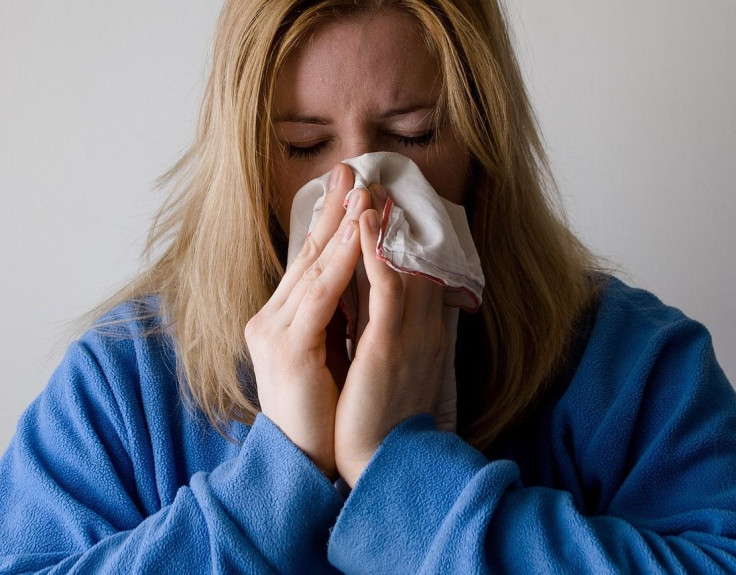Older Adults Encouraged To Get RSV Vaccines To Combat Severe Illness

In a move to combat severe illness caused by respiratory syncytial virus (RSV), the Centers for Disease Control and Prevention (CDC) has recommended RSV vaccines developed by GSK and Pfizer for individuals aged 60 and older.
The endorsement from CDC Director Dr. Rochelle Walensky came following the recommendation made by the CDC Advisory Committee on Immunization Practices. The vaccines are expected to be available this fall.
RSV is a common respiratory virus that typically results in mild, cold-like symptoms, as explained by the CDC. However, it poses a significant threat to older adults, leading to the deaths of 6,000 to 10,000 individuals in this age group annually, and hospitalizing 60,000 to 160,000 older adults each year, according to CDC estimates.
The CDC advised older adults to consult their healthcare providers before receiving a single dose of the RSV vaccine. The highest risk of severe RSV illness applies to older adults, individuals residing in nursing homes or long-term care facilities, those with chronic heart or lung disease, and individuals with weakened immune systems.
Both GSK and Pfizer received approval from the Food and Drug Administration (FDA) for their RSV vaccines in May. GSK has stated that its vaccine will be priced between $200 and $295 per dose, while Pfizer estimates a cost range of $180 to $270 per dose, according to UPI News.
The CDC emphasized the importance of these vaccines in protecting older adults against severe RSV illness, particularly during periods when multiple respiratory infections are likely to circulate. RSV is transmitted through various means, including droplets from coughs or sneezes of infected individuals, direct contact through kissing infected people and touching surfaces contaminated with the virus.
Infected individuals are usually contagious for 3 to 8 days, with at-risk individuals, such as infants and those with weakened immune systems, potentially spreading the virus for up to 4 weeks, according to the CDC.
Last year, RSV experienced an unusually early surge in the fall and winter, affecting hospitals in 33 states and predominantly impacting children. RSV is known as the leading cause of pediatric bronchitis and pneumonia, making it a dangerous infection for both infants and older adults.
Published by Medicaldaily.com



























